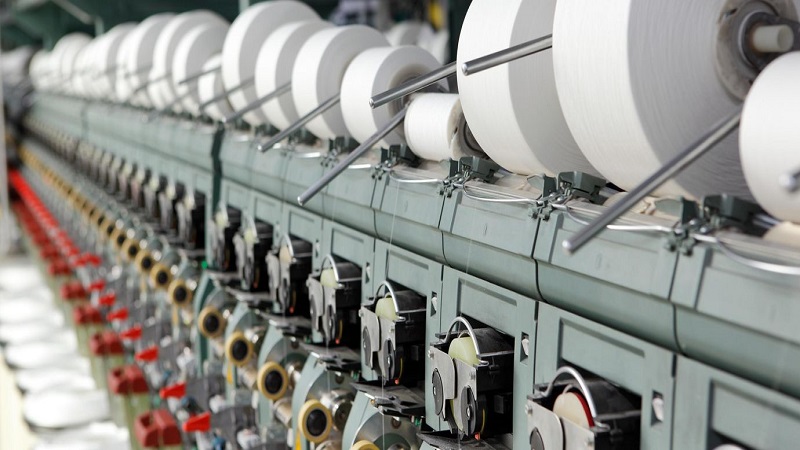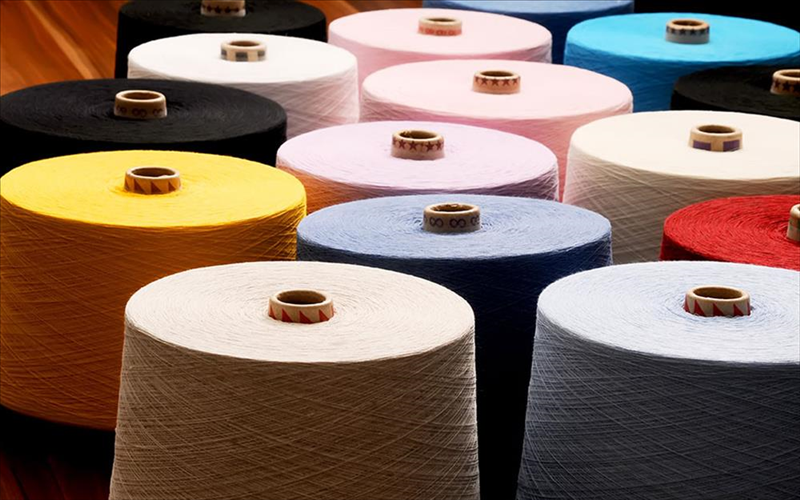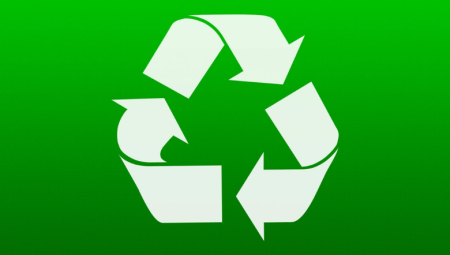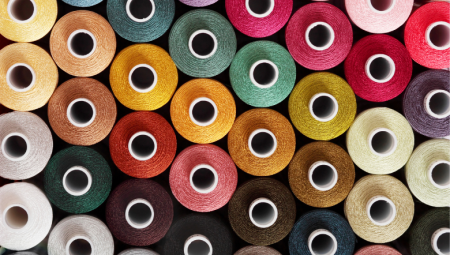Recycled Yarn: A Step Toward a Sustainable Future
The textile industry, as one of the world’s largest sectors, significantly contributes to economic growth but also sparks debates due to its environmental impact. To minimize these effects and build a more sustainable future, the use of recycled yarn is gaining increasing attention. So, what is recycled yarn, how is it produced, and why is it so important?
What Is Recycled Yarn?
Recycled yarn is a type of yarn obtained by reprocessing textile waste or other materials. The production process often utilizes old garments, industrial textile waste, or recyclable materials like plastic bottles. These yarns not only reduce environmental impact but also meet the same quality standards required for producing new products.
Production Process of Recycled Yarn
The production of recycled yarn involves several steps:
1. Collection of Raw Materials: Unused textiles, old clothes, or plastic waste are collected.
2. Sorting and Cleaning: These materials are sorted by color and type, then cleaned thoroughly.
3. Shredding: Collected materials are broken down into small pieces and transformed into fibers.
4. Yarn Creation: The fibers are then combined to produce new yarns using chemical or mechanical methods.
Advantages of Recycled Yarn
1. Environmental Benefits
The use of recycled yarn significantly reduces environmental impact. Traditional textile production demands intensive energy, water, and chemical usage, whereas recycled yarn requires fewer resources. Additionally, repurposing waste decreases the amount of textile waste piling up in landfills, minimizing harm to the environment.
2. Energy and Water Savings
Producing raw materials like cotton or polyester consumes large amounts of water and energy. However, the production of recycled yarns dramatically reduces these demands. For example, producing 1 kilogram of recycled polyester yarn requires 60% less energy compared to conventional polyester yarn.
3. Circular Economy and Waste Management
Recycled yarn supports the concept of a circular economy in the textile sector by reintroducing waste into the production cycle. This approach ensures resources are used more efficiently and promotes a sustainable production model.
4. Fashion and Innovation
Recycled yarn has brought an eco-friendly perspective to fashion. Today, many brands offer collections made from recycled yarn, contributing to nature while providing sustainable options to consumers. Moreover, these yarns match traditional yarns in terms of durability and quality.
Applications of Recycled Yarn
Recycled yarns are used in various fields, including apparel, home textiles, industrial textiles, and even sports equipment. Recycled polyester yarns are particularly popular for sportswear and products requiring high durability.
What Can We Do as Consumers?
As consumers, we can support the sustainable textile industry by choosing products made from recycled yarn. Additionally, prolonging the life of our clothing, opting for second-hand items, and participating in recycling programs are essential steps.
Recycled yarn is regarded as the key to a sustainable future in the textile industry. With its environmental and economic benefits, this innovative approach is gaining value every day. In the face of global climate change and environmental challenges, adopting recycled yarn represents a crucial step for individuals and companies alike. For a cleaner and more livable world, incorporating recycling into our daily lives is no longer an option but a necessity!





